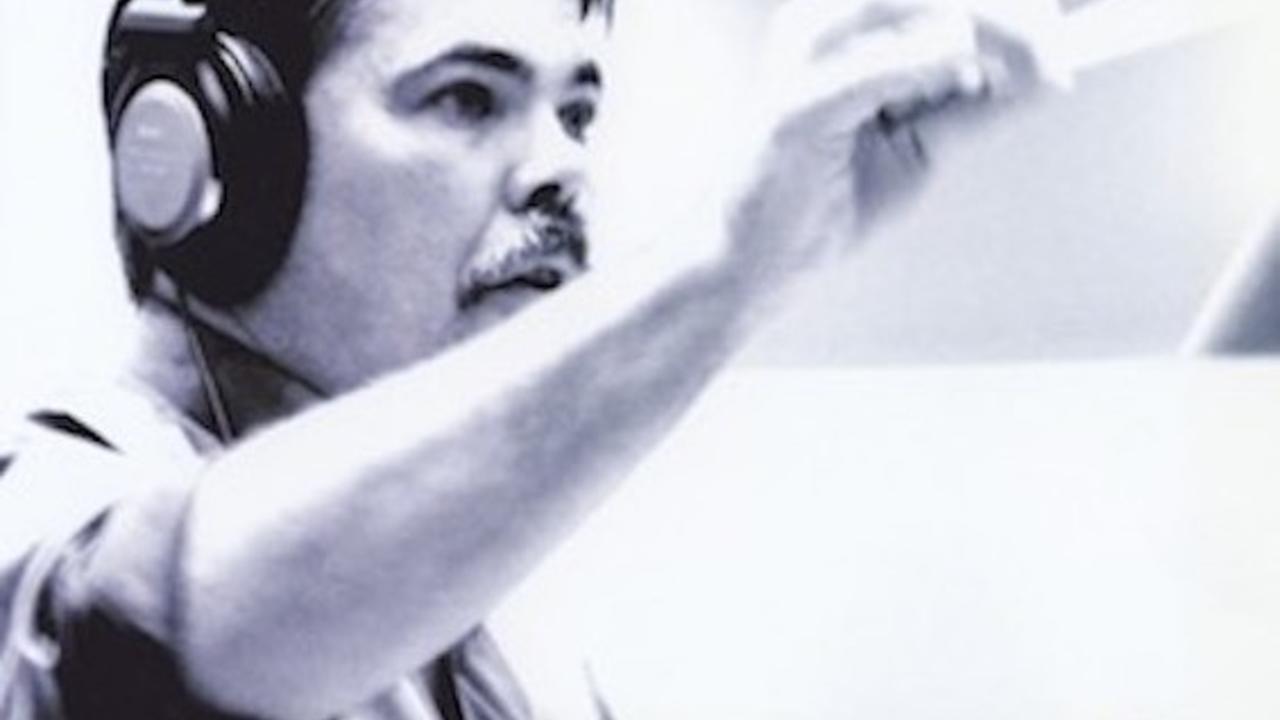5 Questions to ask when scoring a scene

How to decide what type of music is most appropriate
It’s easy to watch a film and pass judgement about how well the music works with the movie. It’s much more difficult when you don’t have existing music to guide your thoughts. It would make sense to ask your director what they were thinking of to get some idea of where to start but, if you expect them to explain what they want in any sort of musical detail you won’t be doing the job you were hired to do. I mean, if they have all the answers why do they need you in the first place?
I’ve found a more effective approach is to spend the time necessary to understand the movie first. Then, when you have a discussion with your director, you will be better equipped to interpret what they say into a language you both can understand. The added benefit, and a seemingly unintended consequence, is you will find it much easier to discuss the project. At the same time there is a good chance your director will become more comfortable with you which will open the door to developing a relationship that will enable a positive outcome.
So where do you start when prepping for your first director’s meeting?
Where in the narrative does this scene occur?
There are no isolated scenes in a movie. Each scene is designed and placed with a specific purpose in mind: move the story forward to its ultimate goal. It is important to recognize where the scene occurs in relation to the ultimate goal of the protagonist. Is it the Main Title? Is the scene in the Second Act? Does the scene act as a bridge between Acts? It is crucial to understand story structure because how music is used will depend upon where the scene occurs in the narrative.
How does the scene move the story forward?
Now that we have determined the arc of the story we can look at how an individual scene is structured. Think of a scene as a mini-story within a larger story. This means there is a beginning, a middle and an end in every scene. What may not be so obvious is at the end of every scene a question will be asked of the audience to make them want to see the next scene to discover the answer. This device is what propels the movie forward. If a scene comes to a “cadence” the story stops and the audience will lose interest. How you treat this musically is dependent upon a variety of factors but, knowing that you have to lead the listener somewhere else should be at the forefront of your mind.
Which characters are in the scene?
Every movie has multiple characters who have roles to play in the story. The protagonist and the antagonist are likely obvious. However, there are also supporting players, subplots, location changes etc that will have an impact on what themes or moods you will use. And why is this important? Music is a powerful subliminal force. An audience will identify a melody, a harmonic progression, an orchestrational device or even a rhythmic pattern to whatever character they see when that music plays. Every shot in a film is composed of color, shapes, objects, camera angles, lighting, props chosen with great care and attention to detail. Music is no different.
What is the “pace” of the scene?
Tempo has its own meaning in relation to storytelling. A love scene with a first kiss has a different pace (or tempo) than a chase scene. Directors and editors are finely attuned to the pace of each scene. They arbitrarily decide when a story needs to speed up or slow down with respect to the structure of the story that is being told. At the same time these changes in pace are wildly subjective. Being able to match the pace of your music to fit the needs of the scene will require you to recognize not only when these changes in pace occur but also why they are there in the first place.
What is happening “inside” the characters?
This is where the magic of music is at its most apparent. Music conveys emotion. Therefore, our musical choices will inform the audience about what can’t be seen on screen. If you think about it…this may be the most subjective part of the filmmaking process because music cannot be adequately described in language. Therefore the desired emotional impact of music used in film is a guess at best because everyone will respond differently to any piece of music.
The only way you can “hedge your bets” is to have a thorough understanding of as much of the filmmaking process as possible and become intimately aware of as many nuances in the story, characters and actors’ performances as possible.
Ignorance is a career-limiting attribute. If your goal is to create a sustainable career as a film composer do the work and realize that film composers are filmmakers…not just musicians.
If you are serious about improving your skills and creating a career as a film composer check out my advanced film scoring class at www.chrisboardmancourses.com

Get your FREE copy of my personal branding ebook "What's Your Story" (and other goodies)



